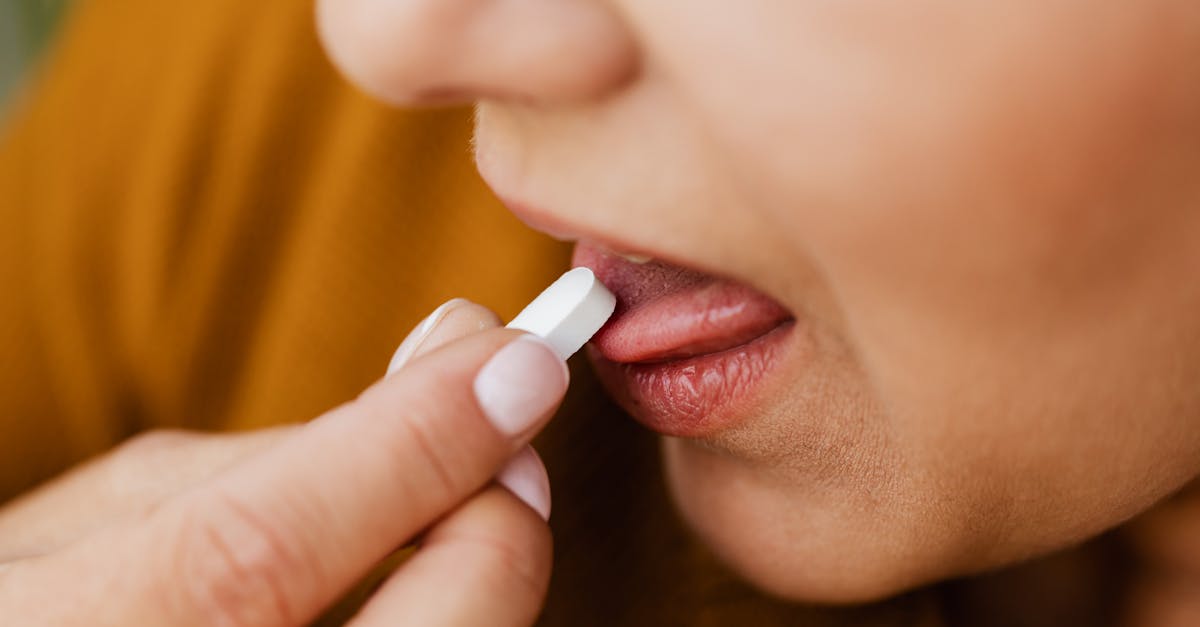A Guide to Scalp Psoriasis Treatments
Introduction
Scalp psoriasis is a common skin condition characterized by red, itchy, and scaly patches on the scalp. Affecting both children and adults, it can be a source of discomfort and emotional distress. Understanding various treatment options can empower individuals to manage symptoms effectively.
Advertisement
Understanding Scalp Psoriasis
Scalp psoriasis occurs when skin cells multiply too quickly, leading to thick, raised patches. These patches can be itchy and may even bleed if scratched. Although the exact cause remains unclear, genetics and some environmental triggers, such as stress and weather conditions, play significant roles. Recognizing these factors is crucial for effective management.
Advertisement
Topical Treatments
Topical treatments are often the first line of defense for mild to moderate cases of scalp psoriasis. These include medicated shampoos, creams, and lotions containing ingredients like coal tar, salicylic acid, or corticosteroids. Such treatments aim to reduce scaling and inflammation, providing relief from itching and irritation.
Advertisement
Phototherapy
For more severe cases, phototherapy, or light therapy, may be recommended. This form of treatment uses natural or artificial ultraviolet light to slow down the rapid cell turnover associated with psoriasis. Phototherapy is typically administered under medical supervision and has shown effectiveness in reducing psoriasis symptoms.
Advertisement
Oral Medications
When topical treatments and phototherapy fall short, oral medications might be prescribed. Drugs such as methotrexate, acitretin, or cyclosporine can help control severe scalp psoriasis by suppressing the immune system. These medications, however, can have side effects and require strict medical monitoring.
Advertisement
Biologics
Biologics are a newer class of medications derived from living cells that target specific parts of the immune system responsible for psoriasis flare-ups. Administered via injections or intravenous infusions, biologics are often reserved for moderate to severe cases. They offer targeted treatment but can be costly and may increase infection risk.
Advertisement
Home Remedies
Many individuals find additional relief through home remedies like apple cider vinegar, aloe vera gels, or tea tree oil. These natural ingredients can soothe itching and reduce inflammation when used correctly. While not a cure, they can complement medical treatments for a holistic approach.
Advertisement
Lifestyle Modifications
Lifestyle plays a significant role in managing scalp psoriasis. Stress reduction techniques, such as meditation or yoga, can minimize flare-ups. Maintaining a healthy diet rich in anti-inflammatory foods, like fish and green leafy vegetables, might also help reduce symptoms. Ensuring the scalp is clean and moisturized is essential to prevent irritation.
Advertisement
Combination Therapy
Often, a combination of treatments yields the best results. Combining topical treatments with phototherapy or oral medications can maximize symptom control. Working closely with a healthcare provider to tailor a personalized treatment plan can improve outcomes and quality of life for those with scalp psoriasis.
Advertisement
Conclusion
Managing scalp psoriasis involves understanding the various treatment options and making informed choices. From topical solutions to advanced biologics, effective management requires a combination of therapies and lifestyle changes. Staying informed and proactively managing symptoms can lead to healthier skin and improved well-being.
Advertisement


